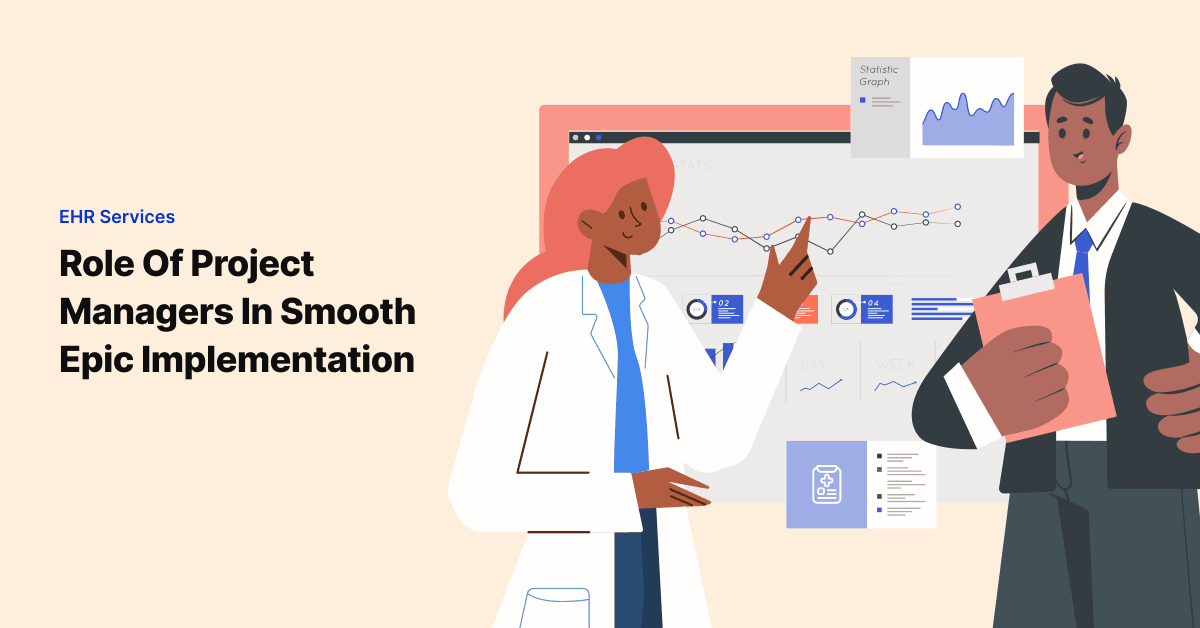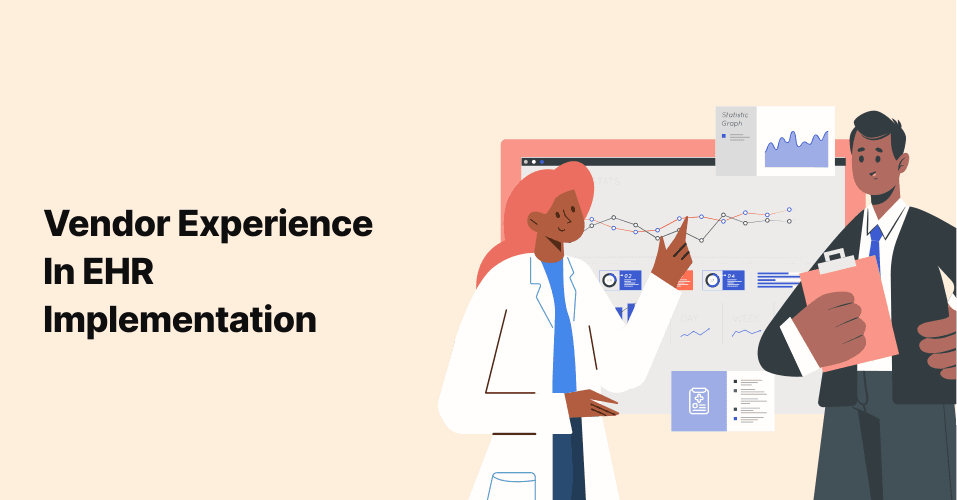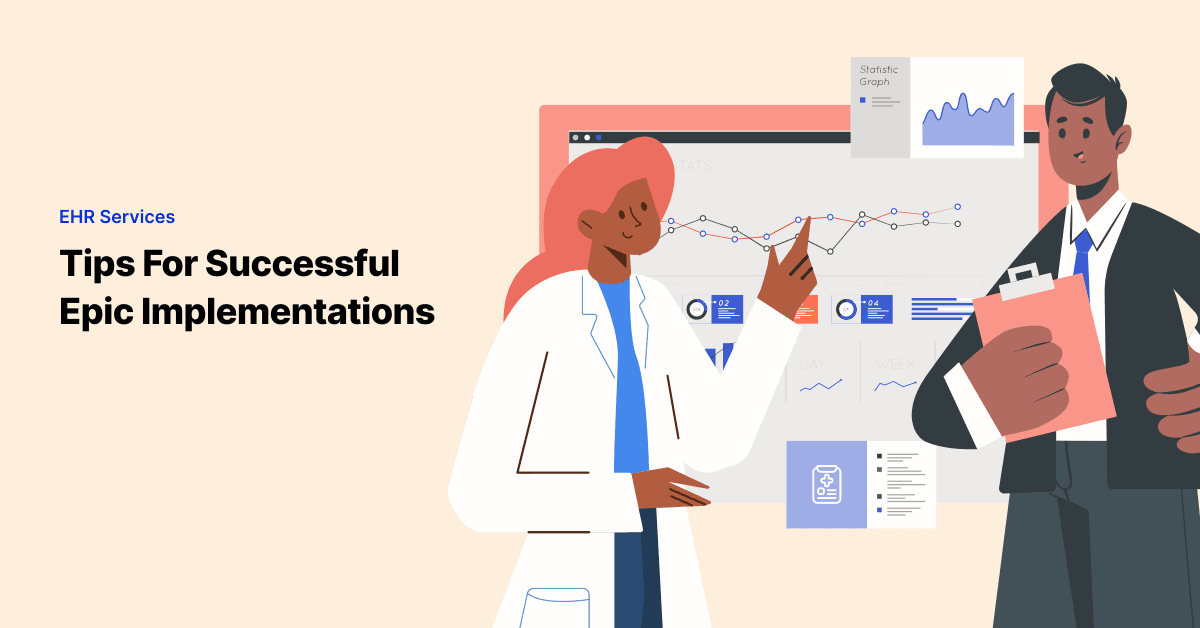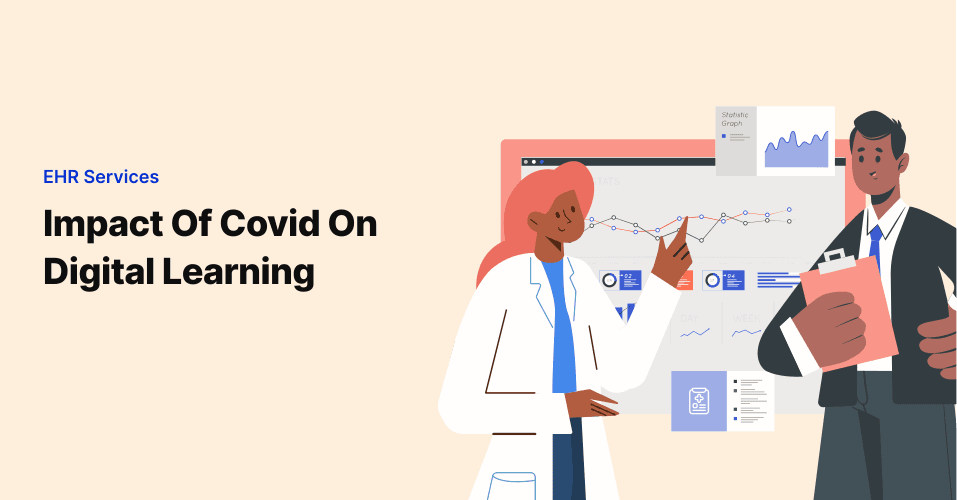
Setting the Stage for a Smooth Epic Implementation Starts with the PM
Project Managers are often saddled with much of the responsibility when it comes to the success or struggles …

The range of vendors and healthcare IT solutions on the market offer unprecedented choices to health systems looking to bolster their technical infrastructure. Hospital CTOs and CIOs are wise to keep an eye on trends and technology that may benefit their operations, serve clinical end-users, and enhance patient care delivery. When it comes to implementing an EHR like Epic, working with professional consultants who have experience with a given vendor or solution is a great way to realize efficiency and optimization from the get-go!
Let’s look at a few ways that choosing a technical partner with vendor experience matters in EHR implementation projects.
It can be tempting to focus on the technology, but EHR implementations are about coordinating people to deliver technical solutions. We’ve shared before how Project Managers set the stage for successful Epic implementations. Still, every resource involved in the project needs to own their vital contributions to drive delivery and adoption. The project cannot move forward well if communication isn’t happening and accountability is fostered across vendors and departments.
When selecting an Epic implementation partner, working with professionals who have experience with Epic as a vendor are going to inevitably have a leg up on those who don’t. Strengths and weaknesses are well known, quirks have been identified and overcome before, and health systems can benefit from lessons learned in past implementations to start off on a stronger footing. For example, Certified Epic Trainers are the gold standard in the industry for supporting implementations, expressly because they have been extensively exposed to the product, the vendor, and the processes required to make the solution function for hospitals.
Health systems have several possible paths for achieving successful EHR Go-live. Experienced implementation partners can help hospitals navigate all the choices and variables along the way to pursue the optimal path for the specific needs of the project. However, the real value of expertise comes from understanding that though an option may look more favorable for accomplishing project goals, history would show a better way, be it more efficient, more secure, more reliable, etc.
Since much of an EHR’s value derives from the ability to interface with other healthcare IT tools, having a consultant on the team who knows well the realities of working with various endpoints and development teams can save a lot of grief and budget. Interoperability is far more within reach if vendor relationships and practices are well known to best navigate strategy.
Requirements gathering and definition is one of the most important steps in preparing for EHR roll-out. That being said, the ability to iterate requirements and pivot when new information is available is as important to the long-term viability of a solution. We’ve seen firsthand that some health systems hold on to their initial scope and requirements with an iron fist. Preventing scope creep is admirable, but how will the healthcare organization react when a seasoned EHR implementation consultant brings to the table an idea based on best practices identified in another project/from another client? The answer to this question may determine just how robust and healthy the project is for the long-term lessons.
The idea isn’t that project professions with EHR vendor experience should steamroll a hospital’s intentions or trump the employed team. No, the goal is that augmenting the project team with experience and a broader view of the industry will introduce opportunities to anticipate needs and requirements before they cause barriers to adoption.
Join over 3,200 subscribers and keep up-to-date with the latest innovations & best practices in Healthcare IT.

Project Managers are often saddled with much of the responsibility when it comes to the success or struggles …

To successfully implement Epic into hospitals and health systems, there are thousands of hours of work …

It’s safe to say at this point that there is no aspect of our collective lives that has not been impacted by …